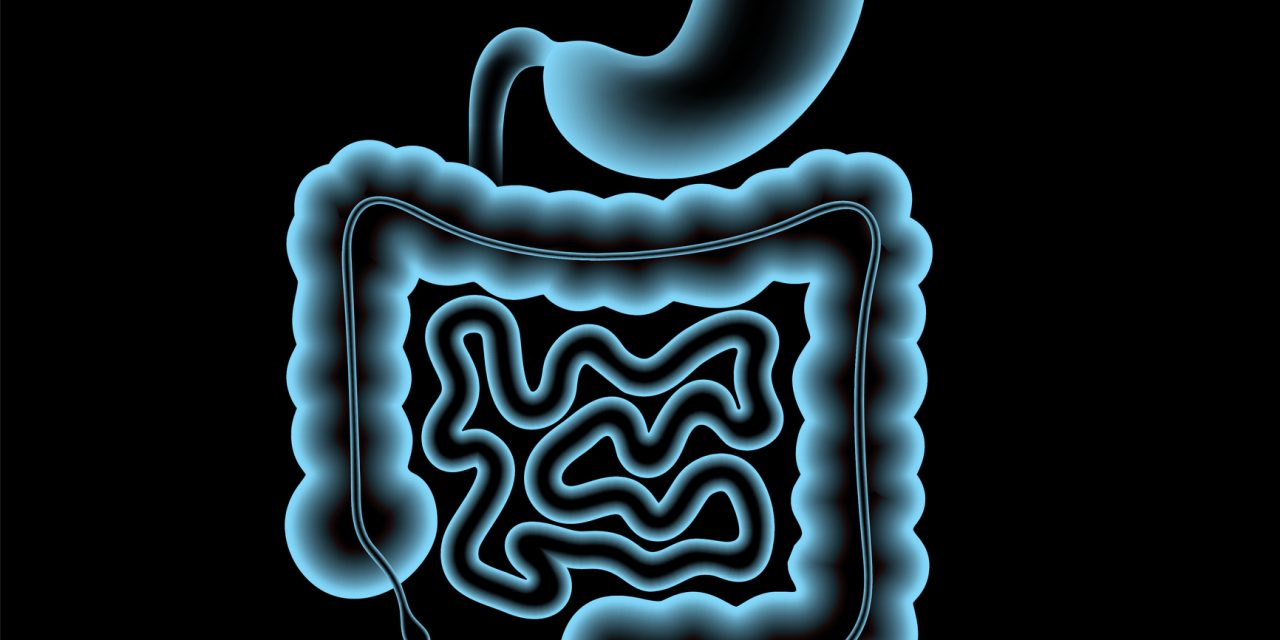CH5126766 (also known as VS-6766, and previously named RO5126766), a novel MEK-pan-RAF inhibitor, has shown antitumour activity across various solid tumours; however, its initial development was limited by toxicity. We aimed to investigate the safety and toxicity profile of intermittent dosing schedules of CH5126766, and the antitumour activity of this drug in patients with solid tumours and multiple myeloma harbouring RAS-RAF-MEK pathway mutations.
We did a single-centre, open-label, phase 1 dose-escalation and basket dose-expansion study at the Royal Marsden National Health Service Foundation Trust (London, UK). Patients were eligible for the study if they were aged 18 years or older, had cancers that were refractory to conventional treatment or for which no conventional therapy existed, and if they had a WHO performance status score of 0 or 1. For the dose-escalation phase, eligible patients had histologically or cytologically confirmed advanced or metastatic solid tumours. For the basket dose-expansion phase, eligible patients had advanced or metastatic solid tumours or multiple myeloma harbouring RAS-RAF-MEK pathway mutations. During the dose-escalation phase, we evaluated three intermittent oral schedules (28-day cycles) in patients with solid tumours: (1) 4·0 mg or 3·2 mg CH5126766 three times per week; (2) 4·0 mg CH5126766 twice per week; and (3) toxicity-guided dose interruption schedule, in which treatment at the recommended phase 2 dose (4·0 mg CH5126766 twice per week) was de-escalated to 3 weeks on followed by 1 week off if patients had prespecified toxic effects (grade 2 or worse diarrhoea, rash, or creatinine phosphokinase elevation). In the basket dose-expansion phase, we evaluated antitumour activity at the recommended phase 2 dose, determined from the dose-escalation phase, in biomarker-selected patients. The primary endpoints were the recommended phase 2 dose at which no more than one out of six patients had a treatment-related dose-limiting toxicity, and the safety and toxicity profile of each dosing schedule. The key secondary endpoint was investigator-assessed response rate in the dose-expansion phase. Patients who received at least one dose of the study drug were evaluable for safety and patients who received one cycle of the study drug and underwent baseline disease assessment were evaluable for response. This trial is registered with ClinicalTrials.gov, NCT02407509.
Between June 5, 2013, and Jan 10, 2019, 58 eligible patients were enrolled to the study: 29 patients with solid tumours were included in the dose-escalation cohort and 29 patients with solid tumours or multiple myeloma were included in the basket dose-expansion cohort (12 non-small-cell lung cancer, five gynaecological malignancy, four colorectal cancer, one melanoma, and seven multiple myeloma). Median follow-up at the time of data cutoff was 2·3 months (IQR 1·6-3·5). Dose-limiting toxicities included grade 3 bilateral retinal pigment epithelial detachment in one patient who received 4·0 mg CH5126766 three times per week, and grade 3 rash (in two patients) and grade 3 creatinine phosphokinase elevation (in one patient) in those who received 3·2 mg CH5126766 three times per week. 4·0 mg CH5126766 twice per week (on Monday and Thursday or Tuesday and Friday) was established as the recommended phase 2 dose. The most common grade 3-4 treatment-related adverse events were rash (11 [19%] patients), creatinine phosphokinase elevation (six [11%]), hypoalbuminaemia (six [11%]), and fatigue (four [7%]). Five (9%) patients had serious treatment-related adverse events. There were no treatment-related deaths. Eight (14%) of 57 patients died during the trial due to disease progression. Seven (27% [95% CI 11·6-47·8]) of 26 response-evaluable patients in the basket expansion achieved objective responses.
To our knowledge, this is the first study to show that highly intermittent schedules of a RAF-MEK inhibitor has antitumour activity across various cancers with RAF-RAS-MEK pathway mutations, and that this inhibitor is tolerable. CH5126766 used as a monotherapy and in combination regimens warrants further evaluation.
Chugai Pharmaceutical.
Copyright © 2020 Elsevier Ltd. All rights reserved.
Intermittent schedules of the oral RAF-MEK inhibitor CH5126766/VS-6766 in patients with RAS/RAF-mutant solid tumours and multiple myeloma: a single-centre, open-label, phase 1 dose-escalation and basket dose-expansion study.


